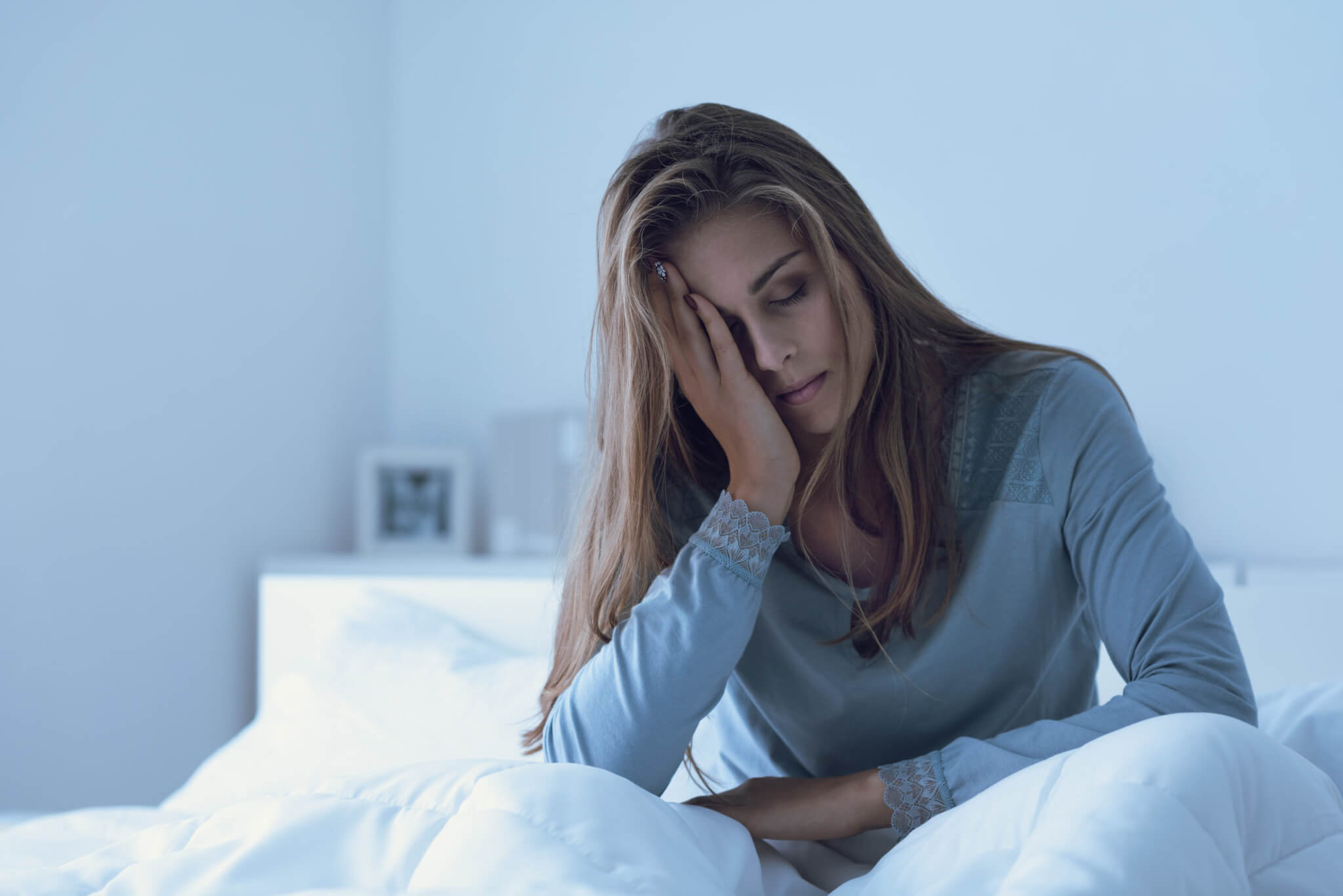Everyone has a sleep pattern, even if it’s a broken one. But one time of year it’s especially disrupted is during these hot summer nights. From changing your duvet thickness to opening your window, it can take some time to get comfortable – and sometimes you never do. Before you know it, you’ve collected a few sleepless nights, lost several hours of rest but demands on your time remain the same, so you’ll naturally feel the effects.
Sleep deprivation is something you need to avoid in the best interest of your health. Looking out for the signs and symptoms is an excellent place to start. So, what are they, and how do we identify them?
● Slow Thinking – Are you slower than usual to respond physically and mentally more than usual?
● Reduced Attention Span – Are you finding it difficult to concentrate?
● Worsened Memory – Are you feeling more forgetful?
● Poor or Risky Decision Making – Are your decisions being made with a clear mind or not?
● Lack of Energy – Are you yawning at your desk, feeling sluggish or craving that extra cup of coffee?
● Changes in Mood – Are you more stressed, anxious or irritable?
When you haven’t slept well, it shows in your thinking, your actions and your appearance. As you sleep, your skin produces collagen, which promotes anti-ageing, so the less sleep you get, the more physical the impact.
Identifying sleep deprivation is a great starting point, but then it’s time to take action to tackle or, indeed, prevent it. There are plenty of steps you can take, from simple ones to more significant lifestyle changes that will positively impact your sleep and health.
1. Get into a sleep routine. Going to bed and getting up at the same time every day is good for your body. A consistent sleeping pattern of 7 to 8 hours is what you should aim for seven days of the week.
2. Make time to relax before bed. Have a winding down process. The less technology, the better and if you tend to have your mind filled with thoughts when you hit the pillow, consider journaling before trying to sleep.
3. Avoid food, alcohol and cigarettes at night. A full stomach that could cause reflux, or chemicals, like drugs or alcohol, in your system will disrupt your sleep so stay away from them as much as possible before lights out.
4. Have your room at the right temperature. Everyone is different, but we suggest having your room in and around 18C for optimum comfortability.
5. Exercise. Movement throughout the day is a huge supporter of a great night’s sleep, so make it part of your life. Sleep deprivation has a bigger negative impact on prolonged exercises, so if you want to work out but had less sleep the night before, opt for shorter bursts of activity and naps on those days.
Sleep is such an integral part of our lives that it’s easy to forget how important it is to our wellbeing. It’s something we all need, we all do, and we must get it right for our health, so it’s not worth compromising on. If you seek a level of sustained wellness in your life and want to achieve it this summer, then one place you can be sure to find it is in your bedroom!





